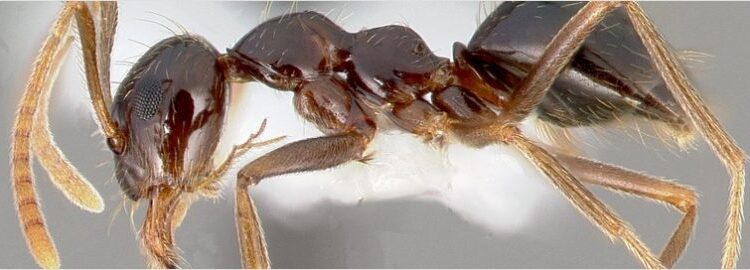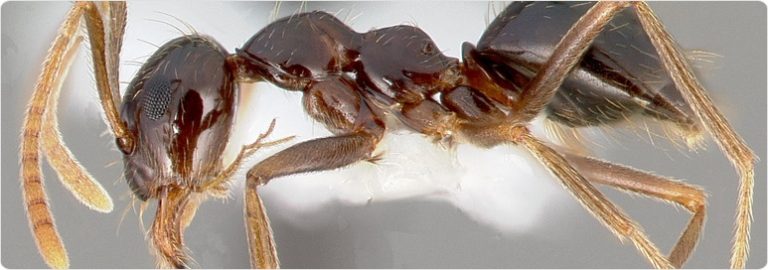
Small Honey Ant
Looking for a Profession Exterminator in the Baltimore & DC Area?
Your Information Is Safe With Us. Accuate Pest Control will never sell, rent, share or distribute your personal details with anyone.
SATISFACTION GUARANTEE
We believe in the quality of our work. That’s why we proudly offer 100% Satisfaction Guarantee on our Residential Pest Control, Cockroach Control, Scorpion Control, Termite Control, Rodent Control and Weed Control Services. If you are not happy with the results, we will provide additional service with no extra charge until you are completely satisfied. Otherwise, you can request for a 100% refund or credit back to your account.
Re-service Guarantee
We guarantee to re-service your home or business for free, if pest problems return between our scheduled visits.
Price Guarantee
We offer a 2-Year Price Lock Guarantee which means that you don’t have to worry about increasing pest control rates for a minimum of two years.
Pest Control Guarantee
We guarantee to remove all covered pests on the interior and exterior of your property through our high-quality pest control service
Small Honey Ant

Characteristics
Small honey ants are also known as false honey ants or winter ants. They are monomorphic creatures that are known for their small size. They are just 2/25 to 4/25 inch in length. When viewed dorsally, its constricted thorax looks pinched. Their color varies from light to dark brown, and are smooth and shiny.

Habitat
These ants are common in shaded areas, such as under slabs, shrubs, landscaping bends, and so on. Their underground nests have multiple small galleries. They may come indoors during the early spring to forage for food. They are known to be winter tolerant and can survive through the cold temperatures more than other ant species.

Behavior
Although these ants live under the soil, they can be active above ground to search for their food. During the winter, these ants will not go through strict hibernation, which is why some of them end up in homes where they will seek for shelter and food.
Food
The small honey ants prefer the sweet honeydew of aphids and they are known to take care of them so that they can get the honeydew that these aphids produce. When they enter kitchens, they will search for sweets, meats, fruits, breads, cakes, honey, and any type of food they think they can eat.
Life Cycle
New colonies of these ants are built during the months of March and April. Nuptial flights occur, but most of the mating of female and male reproductives happens on the ground.Once mating is completed, the female will shed her wings and seek shelter in the soil so that she can produce her eggs. Colonies can be created by several females moving in one nest site. An established colony will just contain a few thousand workers, but their colony can live for more than ten years with most workers surviving for one to two years.
Other Information and Tips
Small honey ants may just be small, but they are persistent and may contaminate and feed on a variety of food in the kitchen. They can also damage plants by extracting its juice. And since, they tend to aphids, they can cause destruction and death to plants as the growth of aphids and scale insects continue.
To get rid of these ants, it is necessary to locate the colonies. If the colony is found outdoors, the use of residual insecticide can be done by injecting the colony. This form of treatment is effective since most colonies are not big and ants are clustered in small nest chambers. Most colonies only have a few hundreds to thousands of workers with dozens of queens that can be eliminated through this process. If the colony is found indoors, the use insecticide can be applied, but make sure to follow instructions to get the desired effect. If infestation still occurs and the colony cannot be found, contact your local ant control specialist.
If you would like to get in contact with us, you can give us a call
